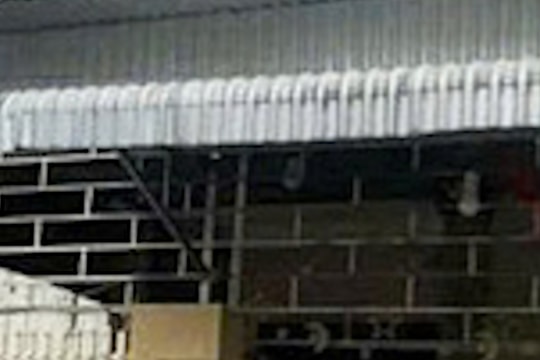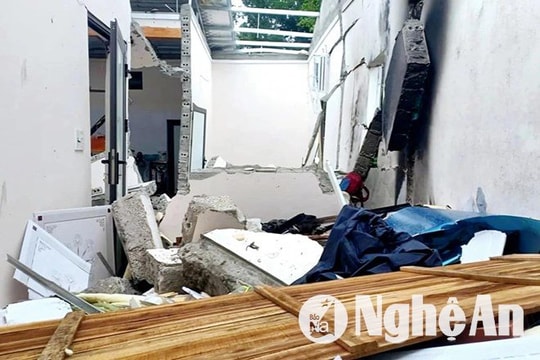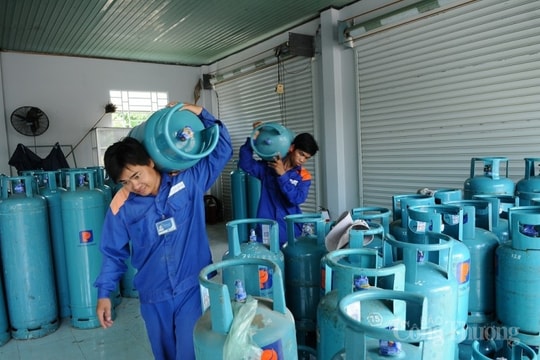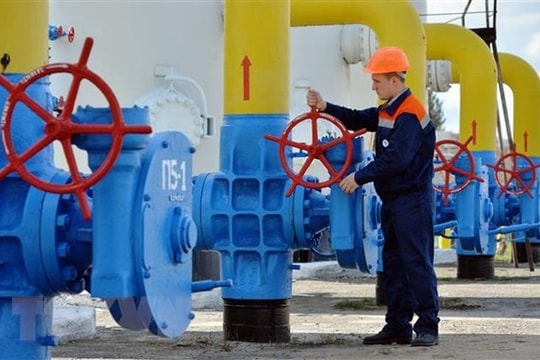7 principles for safe use of gas stoves
(Baonghean.vn) - A big explosion just happened at a hot pot restaurant on Tran Phu Street, Vinh City, the cause of the explosion may have been an industrial gas tank used in the restaurant. There are quite small causes but the consequences are very serious. Below are the main causes leading to gas tank explosions today.

Revealing the cause of the restaurant explosion in Nghe An
(Baonghean.vn) - Witnesses described the explosion as "like a bomb", while authorities initially determined that the cause of the explosion could be an industrial gas tank used in a hot pot restaurant.
1. Install the stove according to safety standards
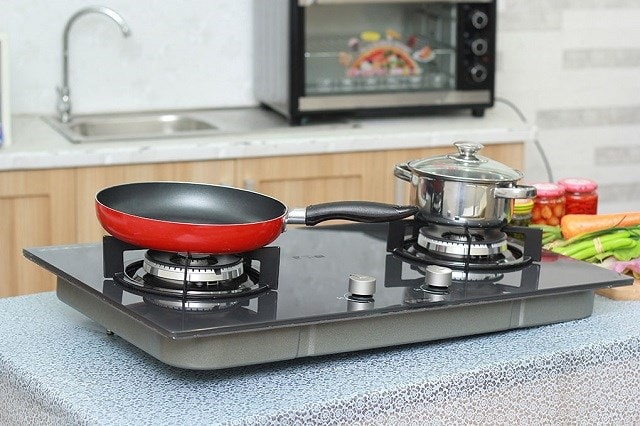 |
When starting to install and use a gas stove, users need to check the basic criteria:
The stove location must be airy but avoid direct wind.
The surface of the gas stove should be made of stone, cement, glass... not wood because it is flammable.
The gas stove should be installed at least 1 meter from the ceiling, at least 15 cm from the wall or other obstacles, and away from flammable or explosive materials.
The gas cylinder should be placed vertically and lower than the gas stove, in a kitchen cabinet that allows for air circulation (in case of a gas leak, it can be detected immediately). The gas cylinder should also be kept at least 1.5 m away from the stove and power sources.
The wire is guaranteed to be new, not cracked or bent during installation.
When installing the gas cylinder with the stove, test the stove by turning it on to check the flame, and turn off the stove according to the correct procedure to check if the valve is tight.
2. Choose a reputable and safe gas tank
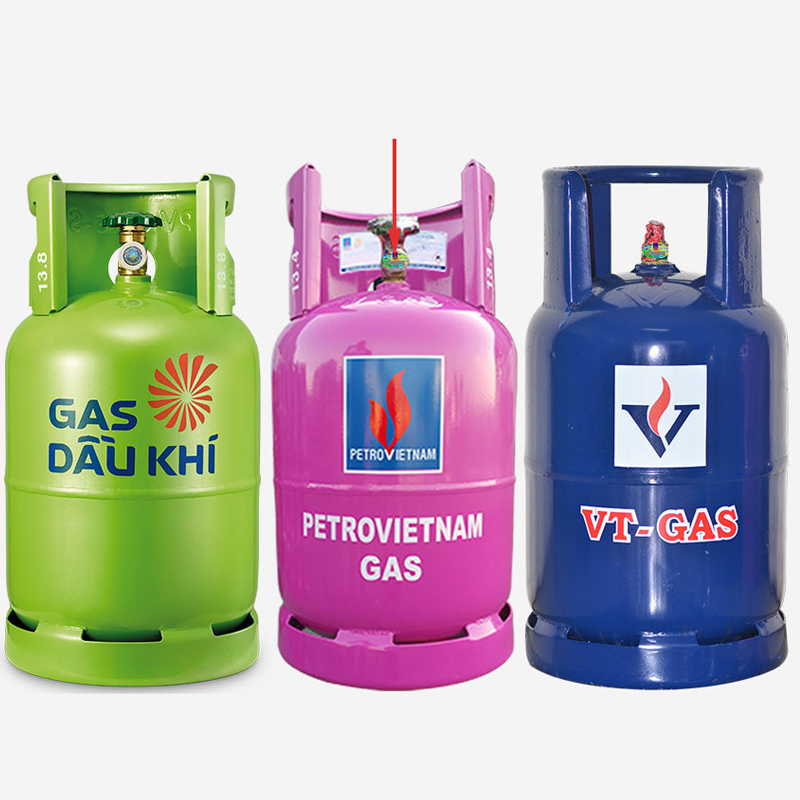 |
Normally, a standard cylinder will have the brand name embossed on the shell. Inside there is a confirmation letter, the gas cylinder body is stamped with a steel mold; the shell is inspected as well as pressure tested… before it can contain gas and be sold on the market.
With a fake gas cylinder, the embossed letters on the top of the cylinder of the genuine gas brand will be stamped out, even burned, the valve removed, the base replaced, then welded again… to erase all traces of the genuine cylinder, replacing it with the name of another unit.
How to choose a safe gas cylinder is as follows: gas cylinders are provided by reputable gas companies; be careful with gas cylinders of unknown origin from illegal gas filling facilities. Choose a gas cylinder that is intact, not dented or rusted, and has a new paint job.
If using a mini gas stove, when changing the gas cylinder, you need to carefully check the expiration date, manufacturer, whether it has been inspected or not... to ensure safety when using.
3. Clean the kitchen regularly
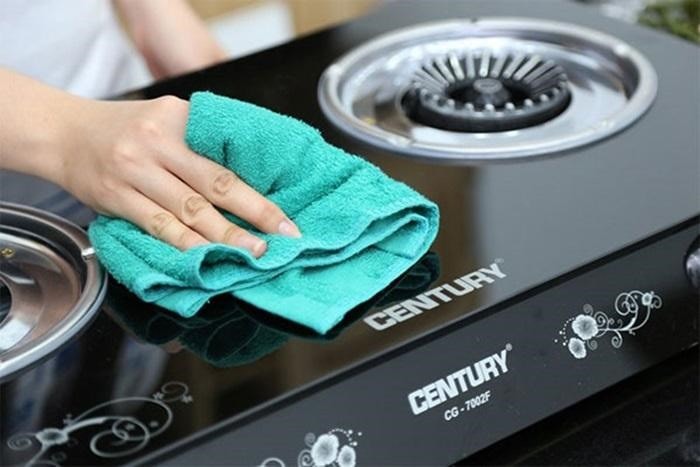 |
This not only helps keep the cooking space clean, preventing the invasion of bacteria, but also helps increase the durability and safety of the stove when used.
Regular cleaning helps prevent the gas stove from rusting and damage. Then the ignition system will work well, ensuring safety.
Therefore, if your gas stove is too old and rusty, replace it with a new one to make cooking more convenient and safer for your home.
4. Do not open many gas rings, close the valve when not in use.
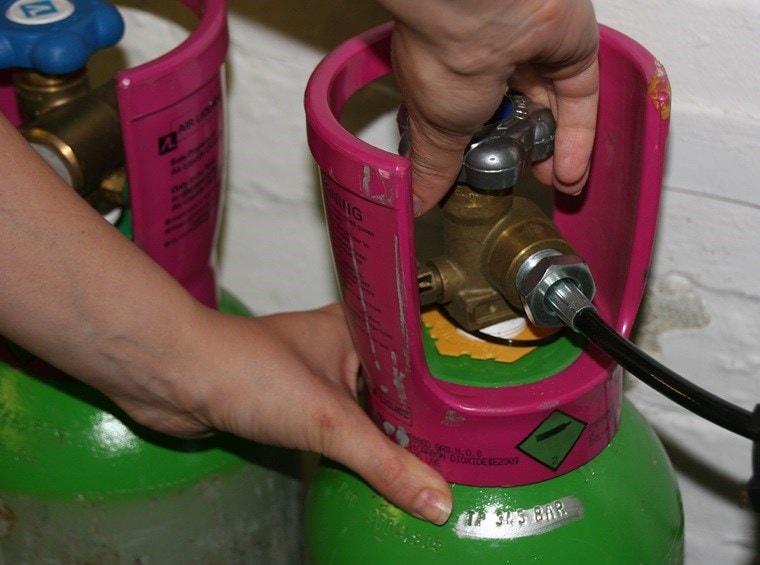 |
When using a gas stove, when turning on the stove, you only need to turn it 1 to 2 turns, do not turn it too much. After cooking, when you no longer need to use the stove, in addition to turning off the stove, immediately close the gas cylinder valve to avoid forgetting, leading to unfortunate accidents.
5. Always stay nearby when the stove is cooking
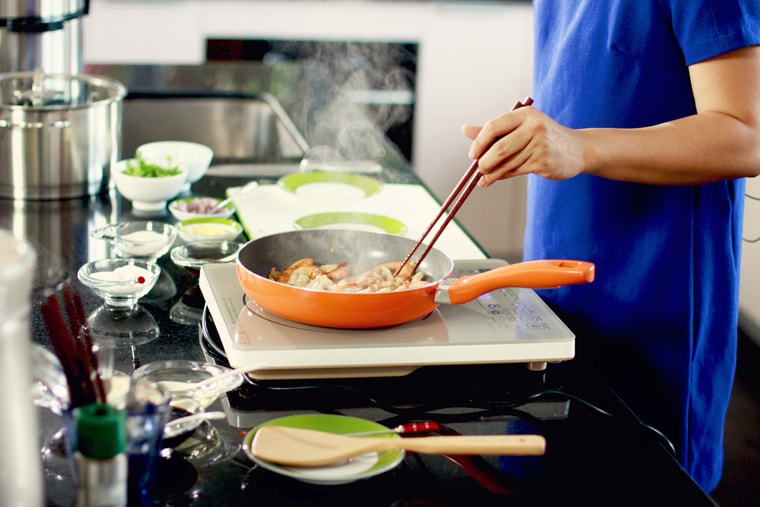 |
Gas stoves are not always stable, to avoid unexpected dangers that cannot be foreseen such as food overflowing and extinguishing the stove, wind blowing and extinguishing the stove or flammable objects suddenly flying into the stove, etc. You need to stand next to the stove to observe and be on duty during the entire cooking process.
If any bad situation happens, the most dangerous being a fire, timely response can be taken to prevent unfortunate damage.
6. Use a gas stove base made of non-flammable materials
This is a very important principle: the gas stove base is not made of flammable materials, nor are the decorative details made of flammable materials. The reason is that during the cooking process, the stove flame has the ability to come into contact with these materials.
If it is a flammable material, the possibility of catching fire and causing an explosion is very high, if the fire is not promptly extinguished, the consequences will be even more terrible. Therefore, if you are placing a gas stove on a wooden table, remove it immediately to avoid possible dangers.
7. Regular kitchen safety checks
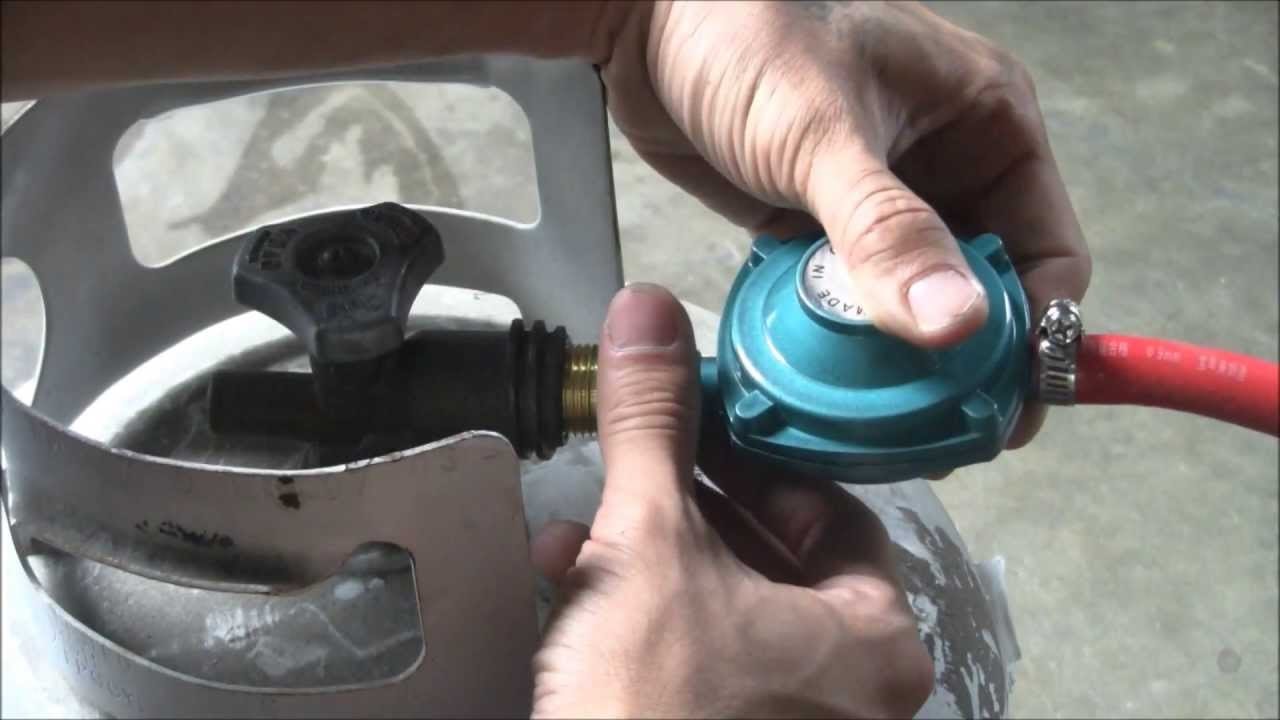 |
To make sure the entire gas stove is in the safest condition for use:Check the stove, gas cylinder, gas line and shut-off valve every 6 months - 1 year;2 - 3 years to replace gas pipes, and 5 years to replace pressure regulators.
In case the stove appears rusty but still works well, you should regularly pay attention to the rusty location, especially when it is near the ignition part or burner of the stove, because it will easily cause gas leakage and fire to that rusty location.
Should replace when the gas stove is too old;Do not use gas cylinders that are too old, especially if they show signs of rust.
*When you smell gas, it means there is a gas leak. You must immediately handle it by following these steps:
Step 1:Quickly close the gas cylinder valve and isolate the gas leak area.
Step 2:Do not engage in actions that may cause sparks such as: turning on light switches, circuit breakers, leaving the switches and plugs of electrical equipment in use (such as lamps, fans, rice cookers) in the same state. Warn people not to let smokers or incense-burners enter areas with gas leaks. Turn off heat sources and stoves in the surrounding area.
Step 3:Open windows and doors. Use a hand fan to ventilate the area where the gas is leaking to reduce the concentration of gas in the air.
Step 4:Find gas leaks with soapy water (rub soapy water around the gas tank, lines, etc., where bubbles appear, there is a gas leak).
Step 5:If the gas cylinder leaks, after closing the valve at the top of the cylinder, open the pressure regulator valve from the cylinder, move the leaking gas cylinder to a well-ventilated area, apply soap (a bar) to the leaking area, then use a rubber band to wrap the leaking area, call the store or dealer to exchange for a new gas cylinder. If the hose or pressure regulator is leaking, replace it with a new one.
Attention:When the stove is turned off while cooking, if you smell gas, do not turn it back on. Quickly close the gas cylinder valve and handle the situation as if it were a gas leak. Only turn the stove back on when there is no more gas smell in the kitchen area.

